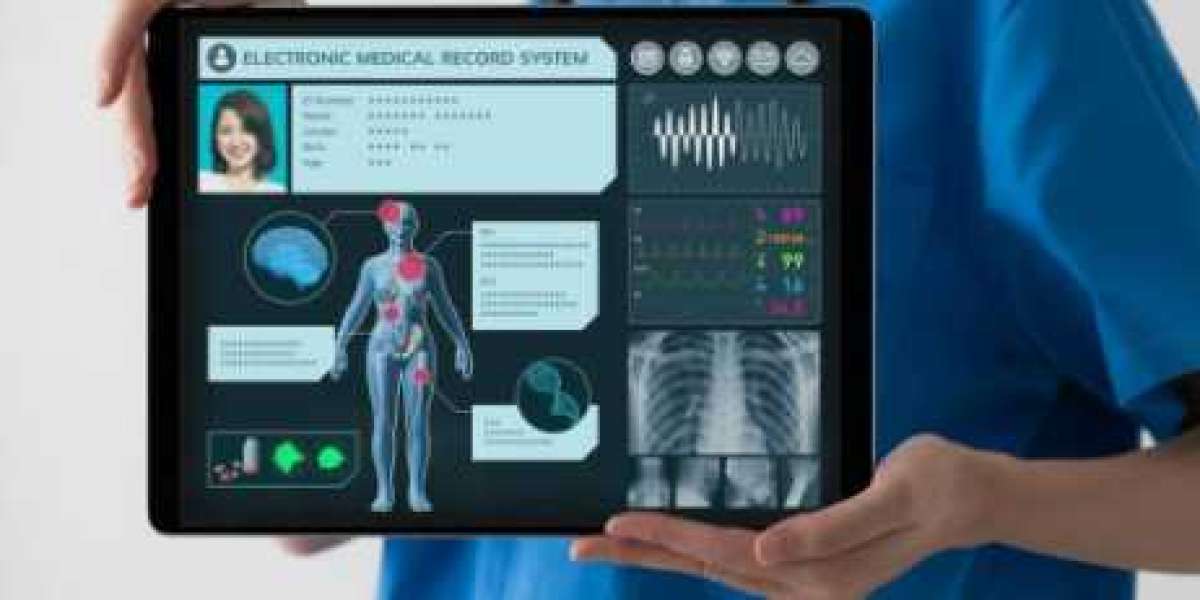Electronic medical record (EMR) has revolutionized the way healthcare providers manage patient information. By replacing traditional paper-based records, EMRs have improved efficiency, accuracy, and patient outcomes. However, the implementation of EMRs has not been without challenges. In this article, we will discuss the benefits and challenges of EMRs in the healthcare industry.
Benefits of Electronic Medical Records
Improved Efficiency
EMRs provide healthcare providers with real-time access to patient information. This means that doctors, nurses, and other healthcare professionals can quickly and easily retrieve a patient's medical history, test results, and medication information. This allows them to make informed decisions about patient care, reducing the risk of errors and improving patient outcomes.
Increased Accuracy
EMRs provide a standardized system for storing patient information. This means that all healthcare providers have access to the same information, reducing the risk of errors due to misinterpretation or miscommunication. Additionally, EMRs can automatically check for drug interactions, allergies, and other potential issues, reducing the risk of medication errors.
Enhanced Patient Care
EMRs allow healthcare providers to create personalized treatment plans based on a patient's medical history, test results, and other relevant information. This means that patients receive more targeted and effective care, improving their overall health outcomes.
Challenges of Electronic Medical Records
Cost
The implementation of EMRs can be expensive. Healthcare providers must invest in hardware, software, and training to ensure that the system is used effectively. Additionally, there may be ongoing maintenance costs to keep the system running smoothly.
Privacy and Security
EMRs contain sensitive patient information, which means that privacy and security must be a top priority. Healthcare providers must ensure that the system is secure from unauthorized access and that patient data is not compromised.
Training and Adoption
EMRs require healthcare providers to adopt new workflows and processes. This can be challenging, especially for older or more experienced healthcare providers who may be resistant to change. Additionally, proper training is essential to ensure that healthcare providers use the system effectively.
Conclusion:-
EMRs have transformed the healthcare industry, providing healthcare providers with real-time access to patient information, improving accuracy, and enhancing patient care. However, the implementation of EMRs is not without challenges, including cost, privacy and security concerns, and the need for proper training and adoption. As the healthcare industry continues to evolve, it is essential for healthcare providers to embrace new technologies and find ways to effectively implement and use them to improve patient outcomes.





